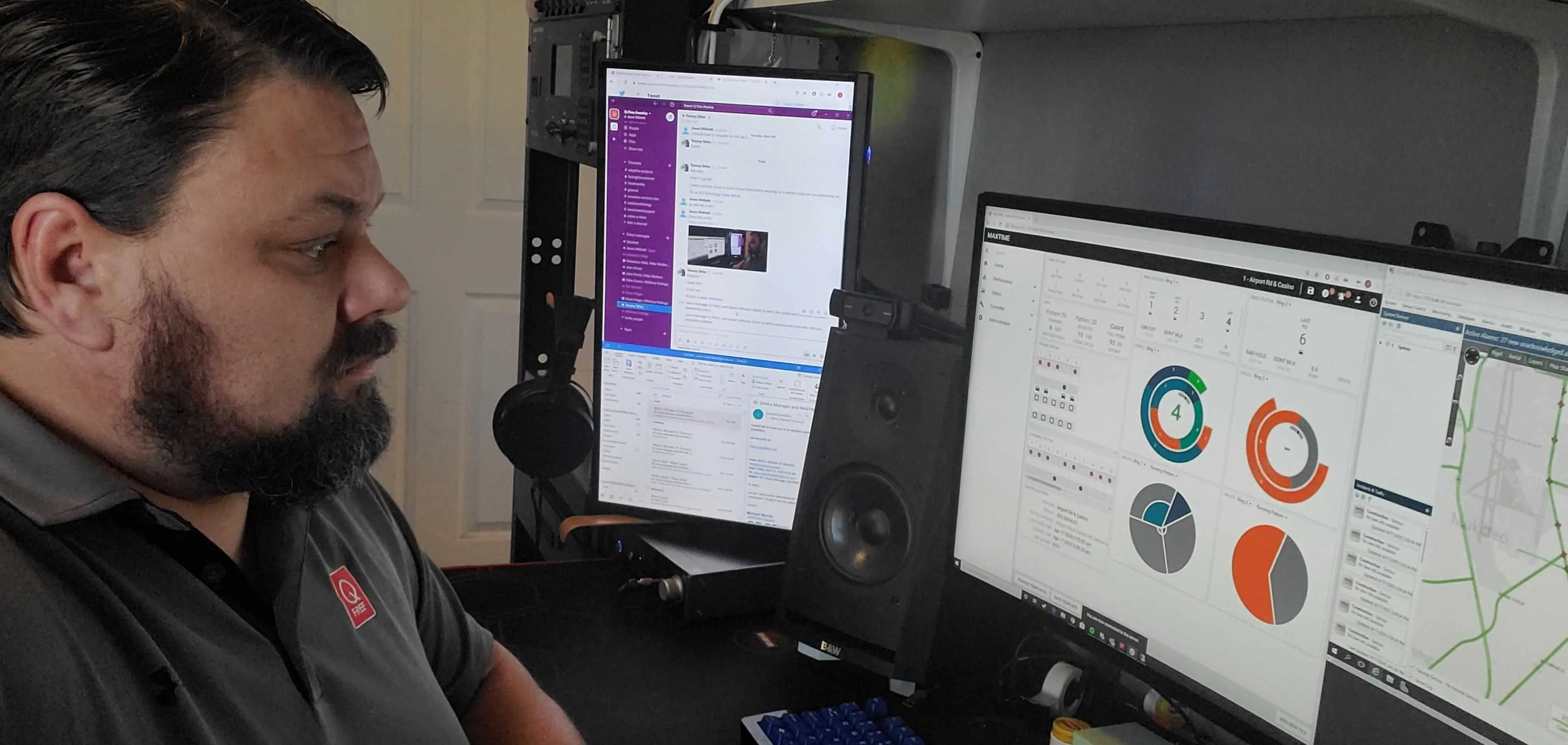Global Traffic Technologies (GTT) has provided the city of Warwick, Rhode Island with an upgrade to its Opticom traffic pre-emption solution, which works alongside intersection controllers to help ensure emergency vehicles can move through intersections rapidly and safely. The system has been upgraded to incorporate next-generation GPS-based technology alongside its infrared detectors. Opticom enables emergency vehicles equipped with the Opticom emergency vehicle pre-emption (EVP) system to send a request t
May 11, 2017
Read time: 1 min
The system has been upgraded to incorporate next-generation GPS-based technology alongside its infrared detectors. Opticom enables emergency vehicles equipped with the Opticom emergency vehicle pre-emption (EVP) system to send a request to the intersection controller ahead of its arrival, turning the light green and clearing a path to enable the vehicle’s safe passage.









